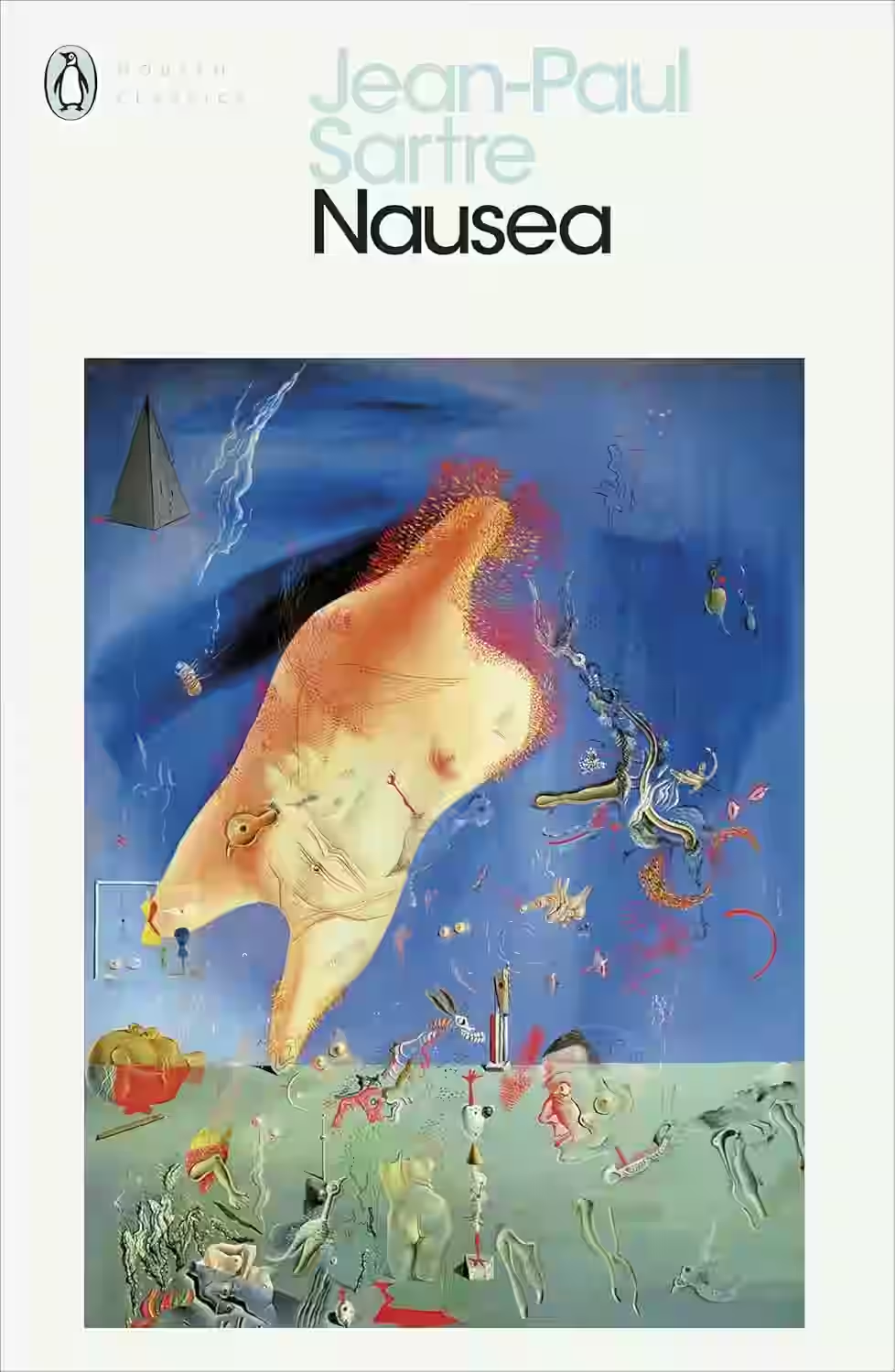Jean-Paul Sartre
Jean-Paul Sartre (1905–1980) was a towering figure in 20th-century philosophy and literature, renowned for his profound contributions to existentialism and phenomenology. Born in Paris, Sartre's intellectual journey led him to study at the prestigious École Normale Supérieure. His early philosophical writings laid the groundwork for his seminal work, 'Being and Nothingness' (1943), a cornerstone of existential philosophy. Beyond philosophy, Sartre's literary repertoire includes acclaimed novels like 'Nausea' (1938) and the play 'No Exit' (1944), showcasing his talent for exploring existential themes. A vocal political activist, his rejection of the Nobel Prize for Literature in 1964 underscored his commitment to his principles. Sartre's profound impact on both literature and existential thought continues to influence writers and philosophers worldwide.

Jean-Paul Sartre's 'Nausea' is a seminal existential novel that delves into the themes of existential angst and the search for meaning in an indifferent universe. Through the introspective diary entries of Antoine Roquentin, a solitary historian residing in the fictional town of Bouville, the novel explores the overwhelming sensation of 'nausea'—a profound discomfort and disorientation felt as he confronts the absurdity of existence. Sartre's nuanced philosophical insights underscore the fluid and often despairing nature of human consciousness, making the narrative a cornerstone of existential literature. 'Nausea' invites readers to ponder deeply their own existence and the essence of freedom, responsibility, and self-definition in a world devoid of inherent meaning.